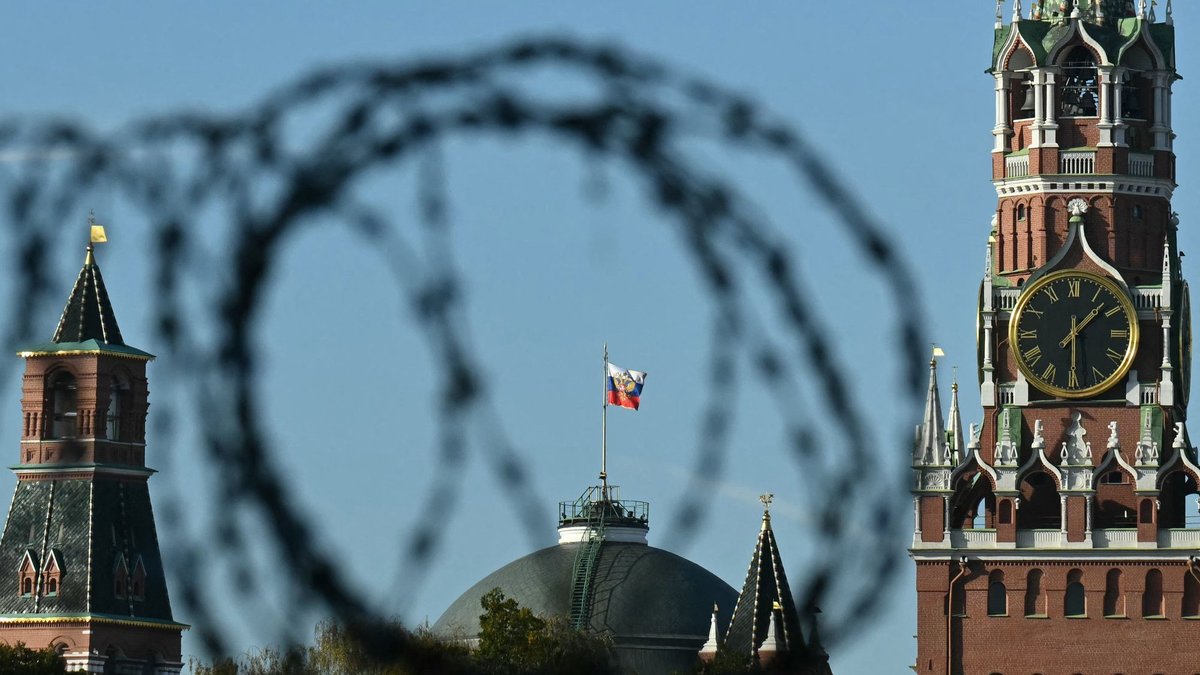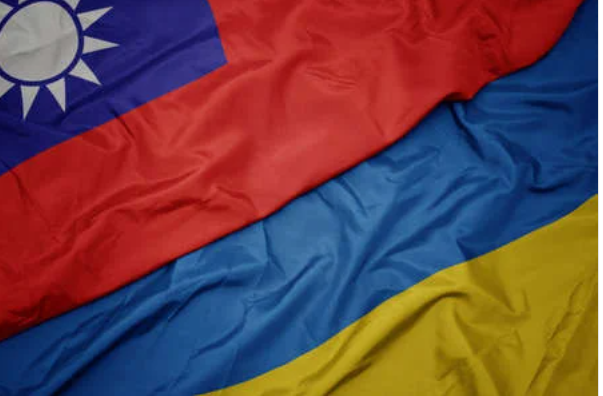In 2024, Norway has delivered to Ukraine 14 multirole F-16 fighter jets (six were previously announced), 20 armored Dingo 2 vehicles, and three armored engineering vehicles NM189.
Participants of the Ukraine–Southeast Europe summit reaffirmed Kyiv’s and the region’s countries’ European and Euro-Atlantic aspirations.
EU Ambassador to Ukraine, Katarina Maternova, remains hopeful that the ambitious plans to soon start accession negotiations with Ukraine will come to fruition.
NATO is expanding its satellite surveillance capabilities over large territories, enabling it to monitor military movements in Ukraine and along Russia’s borders with Eastern European countries.
Finnish President Alexander Stubb believes that U.S. President Donald Trump will continue efforts to achieve a peace agreement between Ukraine and Russia.
Polish Foreign Minister Radosław Sikorski believes that Putin’s attacks on Ukraine “disregard the peace efforts of President Donald Trump.” He also hopes that the EU’s 18th sanctions package against Russia could be approved before Poland’s EU presidency ends in early July 2025.
The EU Council has approved new tariffs on agricultural products and certain fertilizers produced in Russia and Belarus, which had not yet been subject to additional duties, at a rate of 50%. In addition, "a duty of 6.5% is foreseen on fertilizers imported from Belarus and Russia, as well as charges ranging from 40 to 45 euros per ton during 2025–2026." By 2028, this duty will increase to 430 euros per ton. The aim of these measures is to reduce European countries’ dependence on Russian and Belarusian imports and to decrease Russia's budget revenues and its ability to finance the war against Ukraine.
EU High Representative for Foreign Affairs, Kaja Kallas, believes that the European Union could lower the price cap on Russian oil even without U.S. involvement, and that this would still have an effect on the Russian economy.
German Chancellor Friedrich Merz expressed hope that the European Union will adopt an 18th package of sanctions against Russia as early as next week.
“A human life has no value for Putin. Since February 24, 2022, Russia’s losses have exceeded one million people. Putin rejects any real efforts toward peace and only pretends to be ready for negotiations,” said Estonian Prime Minister Kristjan Mihal. He also emphasized that pressure on Russia must continue, as this is “the only path to a just and lasting peace.”
Danish Prime Minister Mette Frederiksen called for a tougher stance toward Moscow, noting that the West has relied too long on negotiations with the Kremlin.
Before the full-scale war began, Germany was Russia's second-largest trading partner in terms of total trade volume (after China): in 2021, it amounted to €59.7 billion. But now Germany buys virtually nothing from Russia: imports have collapsed by 94.6% to just €1.8 billion. Exports of German goods to Russia have fallen by 71.6% to €7.6 billion.
Toyota Tsusho Corporation has announced that it does not plan to return to the Russian market.
The world’s largest aircraft leasing company, AerCap, has won a court case and will be able to recover up to $1 billion for planes and engines that Russia refused to return after the full-scale invasion of Ukraine began.
At least 50 delegates from the U.S. and Europe walked out of the plenary session of the Fourth Tashkent International Investment Forum during a speech by Russian Deputy Prime Minister Novak, when he attempted to relay greetings from Putin.
Russian authorities are considering introducing state price controls on basic vegetables. For instance, wholesale prices for potatoes increased by 285.5% year-on-year by April. As of mid-May, the price of onions had risen by 87.2%; white cabbage by 56.8%; and beets by 11.9%.
Starting July 1, Russia will significantly raise its utility tariffs. The sharpest increases will be in Arkhangelsk region – 24.8%, Mordovia – 22.8%, Chelyabinsk region – 22.8%, Dagestan – 22.3%, and Tatarstan – 22.3%.
A sharp increase in the incidence of several infectious diseases, including measles, in Russia has been linked to a growing number of unvaccinated individuals among migrants, Roma communities, and certain religious groups, including Orthodox Jews. This was reported by academician Nikolai Briko, head of the Department of Epidemiology and Evidence-Based Medicine at Sechenov University.
The Russian Orthodox TV channel "Spas" claimed that Satan controls people through tattoos.
U.S. President Donald Trump has extended for another year, starting June 16, the national emergency regime regarding Belarus, according to a document published in the U.S. Federal Register. The notice emphasizes that “the actions and policies of certain members of the Belarusian government and others, as well as the harmful activities and long-standing abuses of the Belarusian regime, continue to pose an unusual and extraordinary threat to the national security and foreign policy of the United States.”
The Belarusian Association of Journalists reported that Belarusian and Russian intelligence services are increasingly using deception, posing as journalists or human rights representatives to extract sensitive information from activists who have emigrated to Europe. The goal of these fake interviews is not only to collect information but also to discredit activists and human rights defenders in propaganda materials.
In Belarus, the fastest rising prices are for domestically grown vegetables: white cabbage (+45.2% by April), onions (+39.5%), beets (+32.3%), carrots (+26.5%), and potatoes (+26.3%).
In a message to Putin, Lukashenko called Russia — the country that invaded Ukraine — "a nation that stands for respect for state sovereignty."
Lukashenko also expressed concern that people might begin to consider him unnecessary. This, he said, could happen if his orders are not carried out.




















